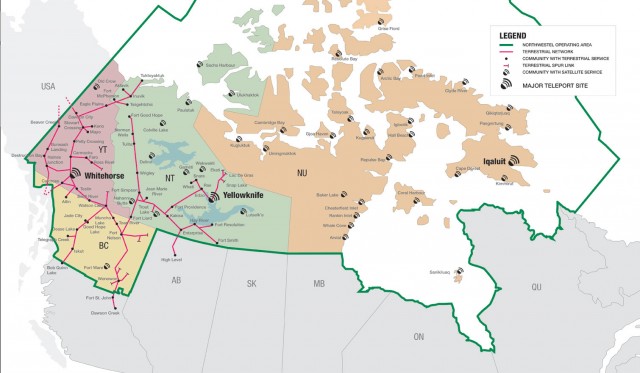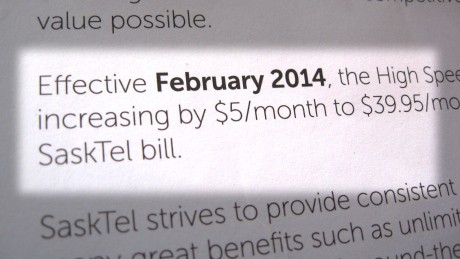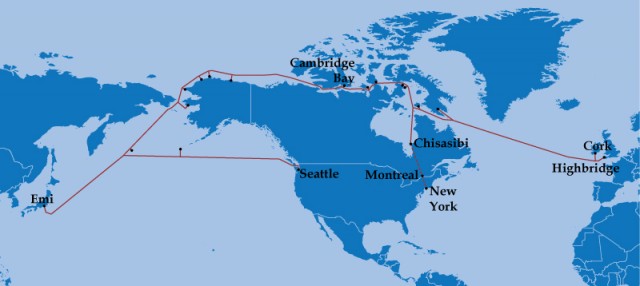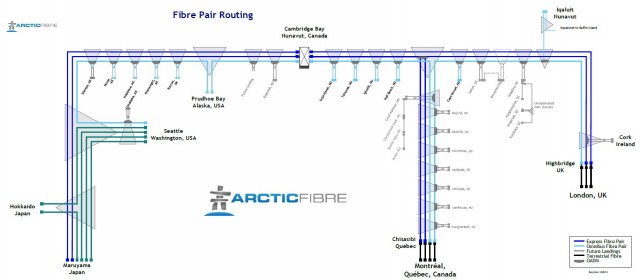 After years of inaction, northern Canada will finally see improved telecommunications services that the rest of us have taken for granted for at least a decade.
After years of inaction, northern Canada will finally see improved telecommunications services that the rest of us have taken for granted for at least a decade.
Under a plan developed by the Canadian Radio-Television and Telecommunications Commission (CRTC), NorthwesTel (a Bell Canada subsidiary) will spend $233 million by 2017 to improve Internet service and bring other telecommunications services into the 21st century.
At present, many communities still lack phone features like caller ID, call waiting, and three-way calling. Dial up access remains common and landline based broadband from DSL remains spotty. Larger communities like Whitehorse can obtain broadband at speeds up to 100Mbps, however.
The eastern Arctic regions, including Nunavut, rely primarily on satellite broadband while those in the western Arctic can access a mix of DSL and Wireless ISP services in more populated areas and settlements. Cell phone service is available in some areas, but reception doesn’t hold up once customers roam outside of town. Mobile broadband upgrades are anticipated to make 4G home broadband a possibility, although it is likely to be expensive and usage-capped.

NorthwesTel’s operating area
| NWTel Package | Download Speed | Upload Speed | Usage Cap (GB) | Price | Bundle with TV Price |
|---|---|---|---|---|---|
| Internet 50 | 50 Mbps | 2 Mbps | 150 | $110.95 | $98.95 |
| Internet 16 | 16 Mbps | 768 Kbps | 90 | $79.95 | $67.95 |
| Internet 5 | 5 Mbps | 384 Kbps | 30 | $62.95 | $50.95 |
| Internet 1 | 1 Mbps | 256 Kbps | 5 | $41.95 | $29.95 |
Telecom analyst Iain Grant told the Canadian Press NorthwesTel’s plans to upgrade it services are long overdue. Grant is a proponent of fiber broadband access over satellite and reminded the CRTC a Canadian company called Arctic Fibre is working on a fiber optic route across the Canadian Arctic that will connect China to Europe.
 The CRTC has been unimpressed with the Bell Canada subsidiary’s performance, noting the quality of service is well behind the rest of Canada. The Commission has placed a four-year price cap on services and has broken up NorthwesTel’s near-monopoly on service by ordering it sell landline, Internet, and other voice services separately, which opens the door for new competitors to emerge. New entrants could either develop their own networks or resell service purchased wholesale from the phone company.
The CRTC has been unimpressed with the Bell Canada subsidiary’s performance, noting the quality of service is well behind the rest of Canada. The Commission has placed a four-year price cap on services and has broken up NorthwesTel’s near-monopoly on service by ordering it sell landline, Internet, and other voice services separately, which opens the door for new competitors to emerge. New entrants could either develop their own networks or resell service purchased wholesale from the phone company.
The CRTC heard numerous complaints from northern residents during hearings held in the region earlier this year. Common complaints included inadequate access to broadband, expensive and outdated telephone service, and no competition in parts of the region. Residents also complained about poor cell service.
One competitor that has specialized in cellular service in northern Canada, Ice Wireless, announced it is spending more than $12 million to upgrade its network in Yukon, the Northwest Territories and Nunavut, introducing mobile data service for the first time.
NorthwesTel serves the Yukon, Northwest Territories, Nunavut and northern parts of British Columbia and Alberta.
[flv]http://www.phillipdampier.com/video/CBC North CRTC issues decision on Northwestel plan 12-18-13.flv[/flv]
CBC North reports northern Canada is well overdue for telecom service upgrades, and Canadian regulators are no longer waiting around for competitors to show up. (1:45)


 Subscribe
Subscribe




